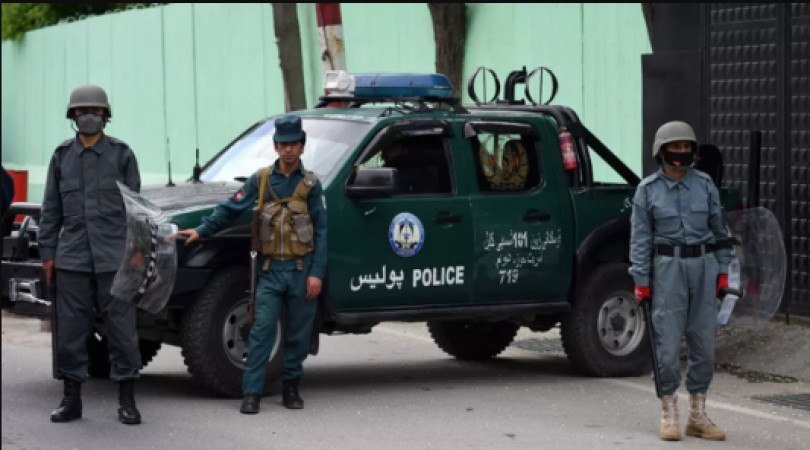
Kabul: Hundreds of millions of pounds of British aid were used to finance Afghan police corruption.
Money sent to the nation before it was taken over by the Taliban in August last year was used on security and nation-building schemes that were deemed "not realistic" by the UK's independent Commission for Aid Impact.
A total of over £3.5 billion in aid has been sent to Afghanistan, including around £252 million ($305 million) for police operations. According to ICAI, this money has led to "police corruption and brutality, including extortion, arbitrary detention, torture and extrajudicial killings."
Also Read: This child actress s*xually assaulted in a Mumbai local, culprit arrested
Thefts of equipment belonging to British aid funds were frequent, and police forces regularly added "ghost officers" to their payrolls. Additionally, there were many reports of police officers abusing young boys while in positions of power.
According to the ICAI report, when the problems became public, efforts to halt funding for the police were resisted at "the highest levels of the UK government".
ICAI further stated that although the UK's decision to transfer funds through the Afghan government had increased corruption and denied access to much-needed aid to regional officials, British programs for women and girls that provide early motherhood and focused on issues such as education, were largely successful. ,
ICAI commissioner Hugh Bayley said: "The international withdrawal from Afghanistan has brought to an end one of the most ambitious projects ever undertaken with UK aid."
Also Read: 'Girls will be able to go to Jama Masjid alone..', order canceled after LG's intervention
It is clear that many people in Afghanistan, including women and girls, have benefited greatly from the extraordinary efforts of those responsible for the UK aid programme.
"However, there are concerns about the appropriateness of using UK aid to finance Afghan counter-insurgency operations, and the way in which the UK pursued its primary objective of creating a viable Afghan state, there were significant flaws that ultimately contributed to its failure.
There are lessons that must be learned and used to guide future stabilization and state-building initiatives, as it is unclear whether UK aid programmes, such as improving literacy and reducing child mortality, will Whether or not it will remain under Taliban rule.
British Conservative MP Richard Bacon said in a statement to The Telegraph: "Aid workers in Afghanistan should be commended for the effective work they have delivered through their individual programmes."
"However, given the inability to establish a strong Afghan state, the long-term success of the UK aid program in Afghanistan is uncertain.
“UK development aid to Afghanistan has been rated as unsatisfactory in most areas by the independent aid watchdog ICAI.
It concluded that funding decisions for the police or other security agencies were poorly thought out. According to ICAI, in such extremely delicate contexts, ministers should keep in mind the possibilities of workable political compromises in the long term hope for a peaceful end to hostilities.
Also Read: Savarkar tried to break the country, BJP-RSS doing the same: Congress
This review shows that specific UK aid programs can be successful, but ministers must set their own priorities and focus UK aid where it matters, he continued.
According to a British Foreign Office spokesperson, "UK aid has improved health, increased school enrolment, provided humanitarian aid to the most vulnerable, and led the removal of landmines and other unexploded munitions across the country." raised.
We appreciate the report of the Commission and will give a formal response soon.